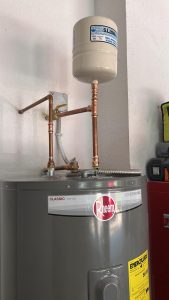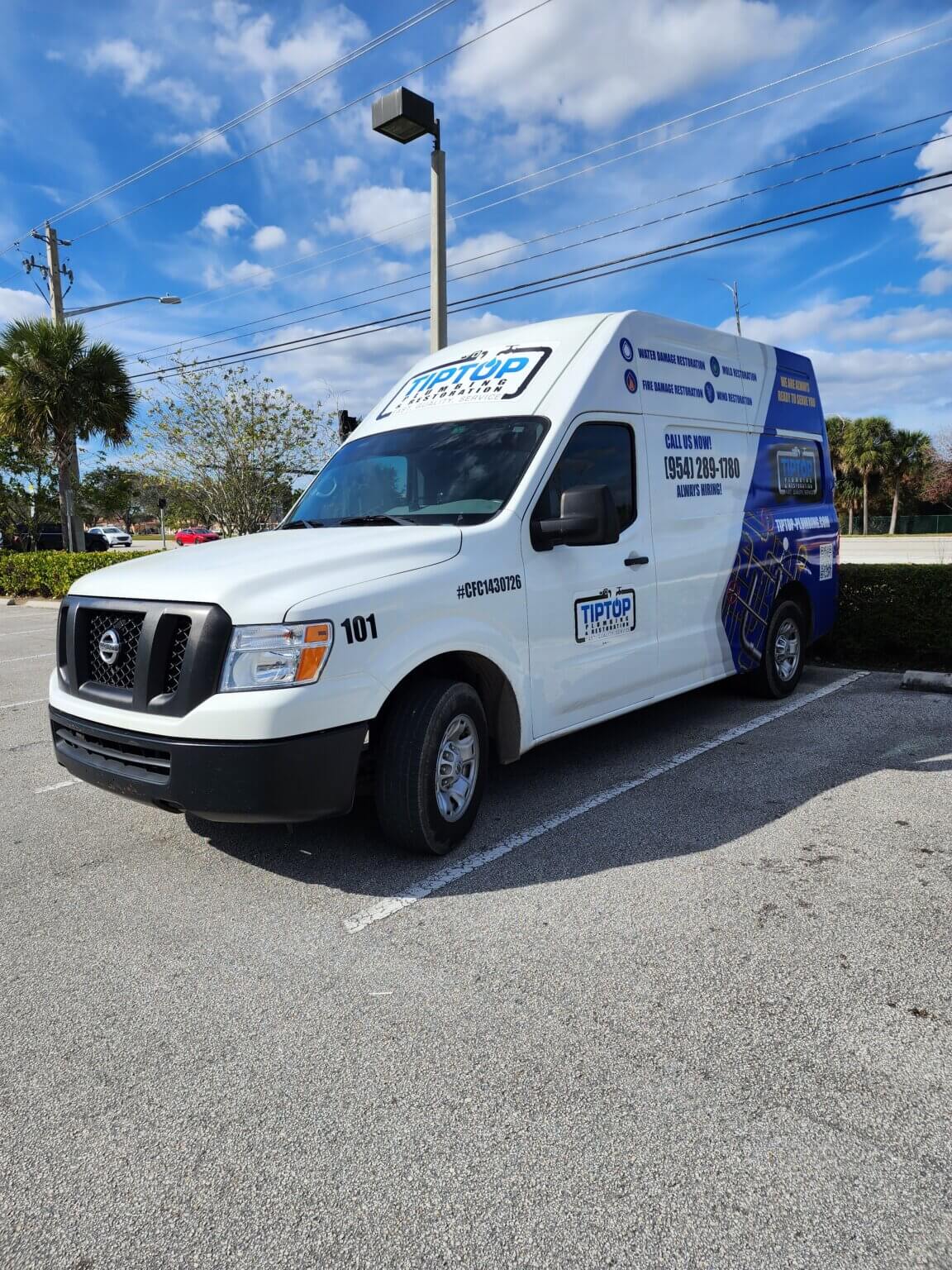
Faucet Repair 101: Quick Fixes from Pembroke Pines Plumbing Pros

Introduction
When it comes to home maintenance, few things can be as annoying as a leaky faucet. Not only does it waste water, but it can also drive up your utility bills and create an unsightly mess. If you’re searching for effective solutions in Pembroke Pines, you’ve come to the right place. This comprehensive guide— Faucet Repair 101: Quick Fixes from Pembroke Pines Plumbing Pros—will arm you with all the knowledge Advanced tankless water heater solutions in Pembroke Pines you need to tackle faucet repairs like a pro.
Whether you're a DIY enthusiast or someone who's never picked up a wrench, this article will offer expert insights from local plumbing professionals. We’ll break down various types of faucets, common problems, tools required for repairs, and even when to call in the pros at Tip Top Plumbing & Restoration in Pembroke Pines.
But first, let’s dive into the basics of faucet repair.
Faucet Repair 101: Quick Fixes from Pembroke Pines Plumbing Pros
Faucet repair may seem daunting at first glance, but with a bit of patience and some guidance, you can master this essential home skill. From identifying leaks to replacing washers and O-rings, we’ll cover everything you need to know. So roll up those sleeves; it's time to get started!
Understanding Different Types of Faucets
1. Compression Faucets
Compression faucets are among the oldest types available. They work by compressing rubber washers against a valve seat to stop water flow.
2. Cartridge Faucets
These faucets use a cartridge mechanism that makes them easier to operate than compression models. They tend to wear down over time and may require simple replacements.
3. Ball Faucets
Commonly found in kitchens, ball faucets have a rotating ball that controls both temperature and flow rate.
4. Disc Faucets
Disc faucets utilize a ceramic disc design for smooth operation and durability but come with their own set of issues if not maintained properly.
Common Faucet Problems
1. Leaky Faucet
A leaky faucet is often caused by worn-out washers or O-rings that need replacing.
2. Low Water Pressure
Low water pressure can stem from mineral buildup within the aerator or issues within your plumbing system.
3. Noisy Faucet
If your faucet makes strange noises when turned on or off, it could indicate air trapped in the pipes or Eco-friendly water heater options for homeowners failing components.
4. Stiff Handle
A stiff faucet handle may be due to mineral deposits or internal components that require lubrication.
Tools You’ll Need for Faucet Repair
To make your repair job easier, gather these essential tools before getting started:

- Adjustable Wrench
- Screwdriver Set (Flathead and Phillips)
- Pliers
- Replacement Washers/O-Rings
- Plumber's Grease
- Towels/Rags
Step-by-Step Guide for Common Repairs
1. Fixing a Leaky Faucet
To fix a leaky faucet:
If you're unsure about which washer size fits your faucet model, don't hesitate to consult local plumber services like Tip Top Plumbing & Restoration in Pembroke Pines for advice!
2. Addressing Low Water Pressure
If you're facing low water pressure:
If issues persist despite cleaning, consider calling water heater installers or other plumbing professionals who can diagnose potentially bigger problems within your plumbing system.
3. Eliminating Noisy Faucets
For noisy faucets:
4. Loosening Stiff Handles
For stiff handles:
When Should You Call Professionals?
In some cases, attempting repairs yourself might not be advisable—especially if you're dealing with complex systems or persistent issues after making basic fixes.
If you've tried DIY methods without success—and you’re still experiencing leaks or low pressure—it’s probably time to call in experts like Tip Top Plumbing & Restoration in Pembroke Pines. They have seasoned plumbers who can evaluate more complex plumbing systems effectively.
Tips for Preventative Maintenance
Taking care of your faucets doesn't end once they're fixed; preventative maintenance is crucial!
- Regularly check for drips and leaks.
- Clean aerators every few months.
- Inspect hoses for cracks annually.
- Use soft water solutions if hard water is an issue in your area.
FAQs About Faucet Repairs
Q: What causes my faucet to leak?
A: Common causes include worn-out washers or O-rings that require replacement.
Q: Can I replace my faucet myself?
A: Yes! With basic tools and knowledge of your specific type of faucet, most homeowners can handle simple replacements easily.
Q: How do I know when I need professional help?
A: If you've attempted basic repairs without success or suspect larger plumbing issues at play, Comprehensive water heater inspection and tune-up it's best to consult professionals like plumber Pembroke Pines experts for assistance.
Q: Are there any eco-friendly options for fixing leaks?
A: Yes! Using high-quality replacement parts can minimize wastage while eco-friendly materials are available through various suppliers; ask local plumbers Certified plumbing services for water heater issues about sustainable options!
Q: How often should I check my faucets?
A: An annual inspection is recommended alongside regular checks whenever you notice something amiss—like dripping sounds!
Q: Do I need special tools for complicated repairs?
A: While most standard repairs can be done with basic tools listed earlier, specialized situations might require additional equipment that professionals possess—so don’t hesitate if you feel out of depth!
Conclusion
Mastering faucet repair doesn’t have to feel overwhelming; understanding common problems and employing straightforward solutions goes a long way toward maintaining good functionality around your home! Whether you choose to tackle minor fixes yourself or rely on trusted local experts like Tip Top Plumbing & Restoration in Pembroke Pines when necessary—you now have ample information at hand thanks to our comprehensive guide— Faucet Repair 101: Quick Fixes from Pembroke Pines Plumbing Pros.
By taking proactive steps towards regular maintenance and knowing when it’s time to call in reinforcements—you ensure that those pesky leaks won’t disrupt your daily life anymore! Remember always better safe than sorry; happy repairing!
